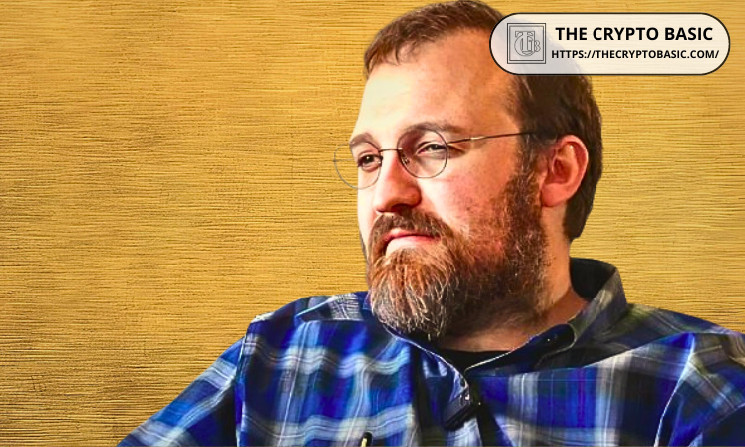Charles Hoskinson introduces Cardano’s “Bill of Rights,” outlining 11 blockchain tenets for governance, privacy, efficiency, and user protections.
In a recent broadcast, Charles Hoskinson, founder of Cardano, outlined a framework for blockchain governance that he described as a “Bill of Rights” for the Cardano ecosystem.
His announcement marks a significant development in the blockchain’s evolution, aiming to establish a governance model that ensures user rights and expectations are clearly defined. The move is part of an ongoing effort, with over 50 workshops conducted and elected delegates helping to craft a comprehensive constitution for Cardano.
Cardano Blockchain Tenets https://t.co/SnpR98Rt3S
— Charles Hoskinson (@IOHK_Charles) October 13, 2024
The Eleven Blockchain Tenets
Hoskinson introduced a set of 11 foundational blockchain tenets, intended to guide the design and operation of decentralized systems. These principles look to uphold the rights of users and contributors in blockchain environments.
The first tenet focuses on freedom from censorship, stressing that blockchain transactions must remain uncensored and cannot be slowed down. This parallels the right to free speech, ensuring that transactions proceed quickly and without interference.
Predictability in transaction costs forms the second tenet, which is essential for businesses relying on blockchain technology. By emphasizing the need for stable and reasonable transaction fees, Cardano aims to provide long-term cost predictability, enabling better business planning. In line with these principles, the third tenet supports censorship-free applications.
Fair Contributions and Efficient Systems
Another area of Hoskinson’s proposal involves fair treatment of contributors. The fourth tenet addresses the need to recognize and compensate all contributions within the system, whether in governance or transaction processing.
By ensuring fair rewards, Cardano aims to maintain an engaged and motivated community. Hoskinson noted that failure to do so could risk discouraging participation in the system.
The fifth tenet focuses on the preservation of user value and data, ensuring that assets are protected from being locked or processed without consent. This stands in contrast to traditional banking systems, where users may face such issues.
Meanwhile, the seventh tenet notes the importance of efficient resource usage, stressing that blockchain systems must continually optimize their processes. For example, the transition from Plutus V1 to V2 massively reduced transaction sizes.
Governance, Privacy, and Transparency
In his address, Hoskinson also emphasized user privacy and compliance with local regulations the ninth and tenth tenets. These tenets promote privacy while providing users with the tools they need to remain compliant with laws, without allowing government overreach into the system.
Decentralized governance is another essential aspect, with the eighth tenet advocating for a system where the community, rather than a centralized entity, governs the ecosystem.
The final tenet is the need for transparency and predictability within the system. Cardano will prevent the creation of unfair advantages for any user group by ensuring that all processes are clear, verifiable, and fair.
Together, these tenets form the foundation of Hoskinson’s vision for a decentralized and fair blockchain ecosystem, applicable beyond Cardano to the broader blockchain scene.
 thecryptobasic.com
thecryptobasic.com
